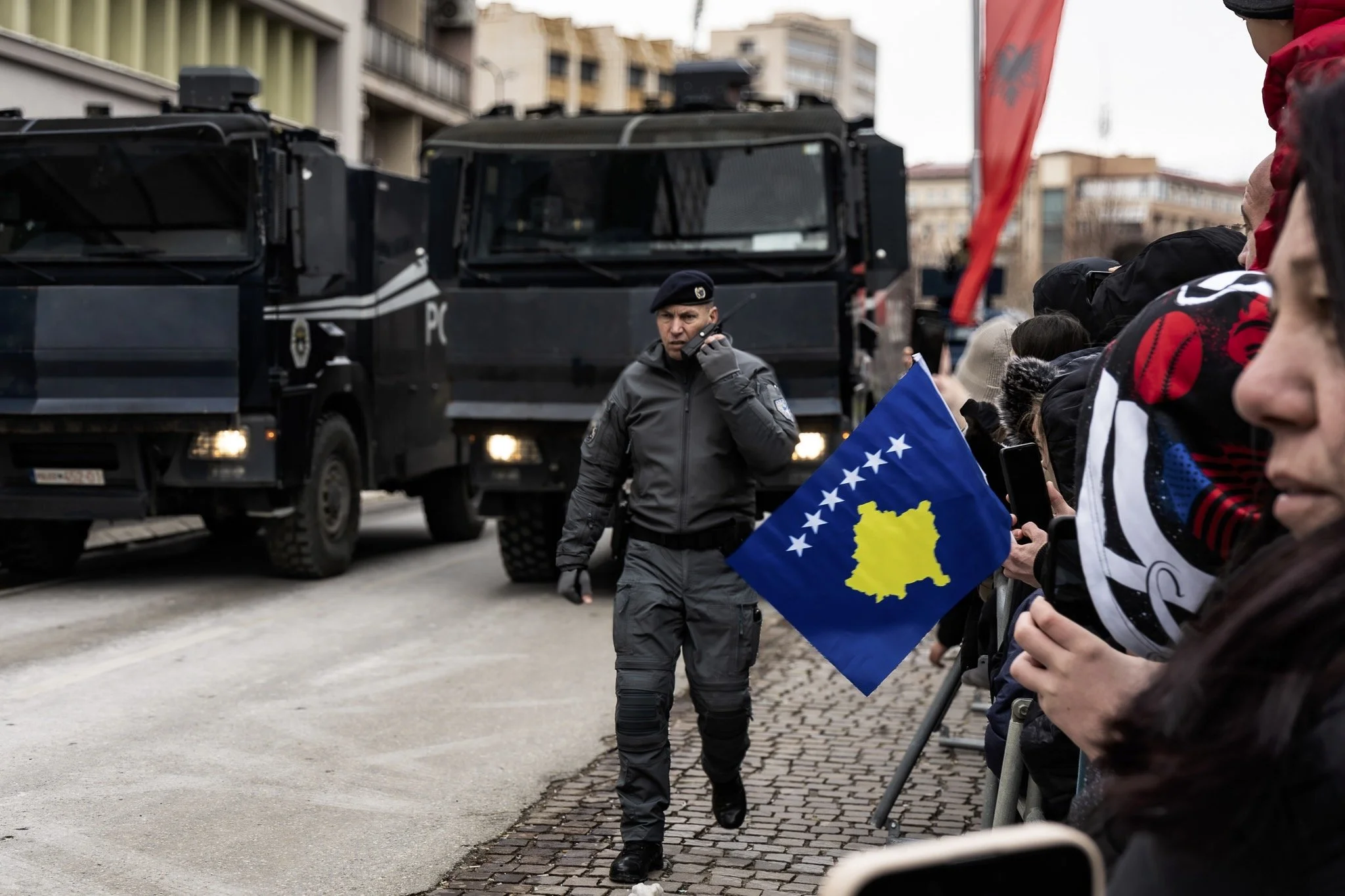The Recognition Dilemma
On February 17, 2008, Kosovo declared independence. More than fifteen years later, its sovereignty remains contested. Of the 193 United Nations member states, only 104 officially recognize Kosovo as independent. This lack of universal recognition brings with it a wide range of challenges, including economic development, security, and access to international institutions, all of which make it difficult for the country to build stability and operate as a full member of the global community.
But this question of recognition doesn’t exist only on the political stage. In today’s digital world, it spills into the everyday lives of young Kosovars. Imagine logging into Netflix at the end of a long day, only for it to display “Top Shows in Serbia.” Or posting something about your country, only to be met with Serbian flags and comments reading “Kosovo is Serbia.” Imagine strangers arguing that the place your family has called home for generations shouldn’t even exist.
As an outsider, someone who will never have to experience this, I find this reality difficult to grasp. Building a future in a world where the very existence of your country is debated would make it hard to envision stability at all. So I asked the question: How does international recognition, or lack of it, affect your sense of national identity?
One participant reflected:
“That number [104 UN member states that recognize Kosovo] sounds big for me, to be honest. But when I talk to people outside of Kosovo, not so many people know about Kosovo, and that makes me feel like we are so small and not known so much. I want, with all of my strength, to make it known. Because I think Kosovo deserves to be known, and people deserve to know that there are some good things about Kosovo.”
Another answered plainly:
“I don’t care. It’s politics. It’s not the people of the world, it’s the politicians of the world. And I don’t care what the politicians of the world think. We exist, and it’s just a fact.”
For many, this issue isn’t necessarily unique to Kosovo. Debates over political recoginition of self-determined independent states span across borders and generations. One participant explained:
“Hey, even if it’s just one country that recognizes another country, it’s a country. I think about this a lot when talking to Serbian or Romanian people. A lot of the countries that don’t recognize Kosovo do so because of their own political issues. Like Catalonia or Romania with Transylvania, if they recognize Kosovo, they’d have to recognize their own independence groups. So, instead of focusing on those who don’t recognize us, I take pride in the 104 countries that do.”
For Kosovars, recognition is more than a matter of diplomacy; it’s deeply personal. It shapes how they are seen, and ultimately how they see themselves. For some, recognition is a validation of their resilience; for others, it’s irrelevant to their sense of belonging. But whether it’s debated in parliaments, argued in comment sections, or felt in everyday interactions, it remains an unavoidable part of their identity.
To be recognized, after all, is not just to be seen, it’s to be understood. And in Kosovo, where visibility itself is a form of resistance, recognition is not simply a political goal. It is an act of existence.

